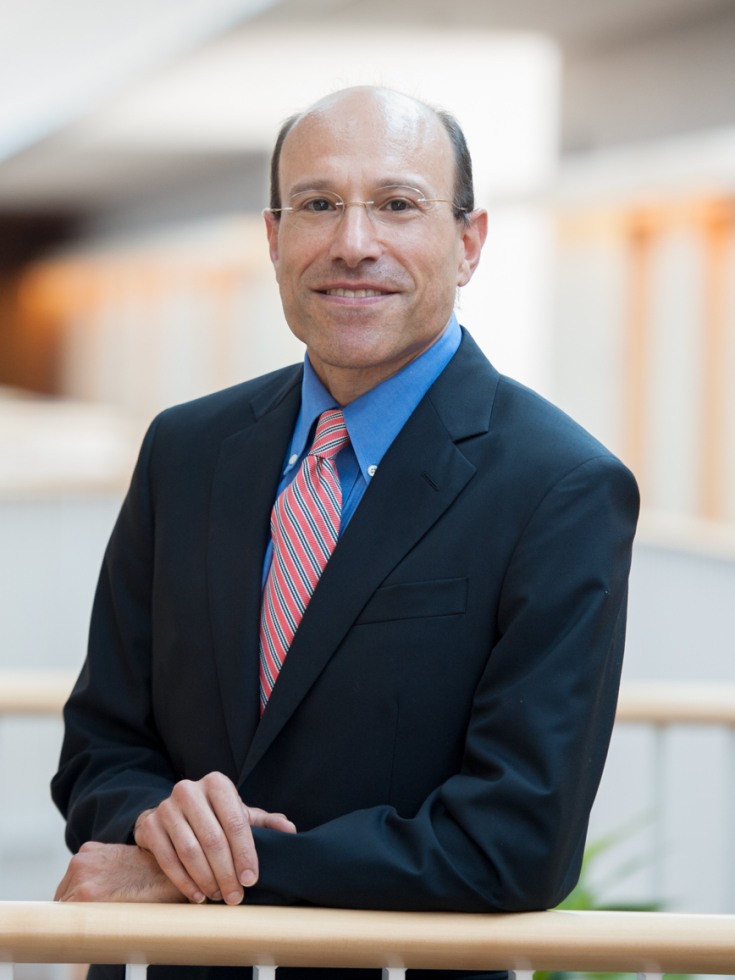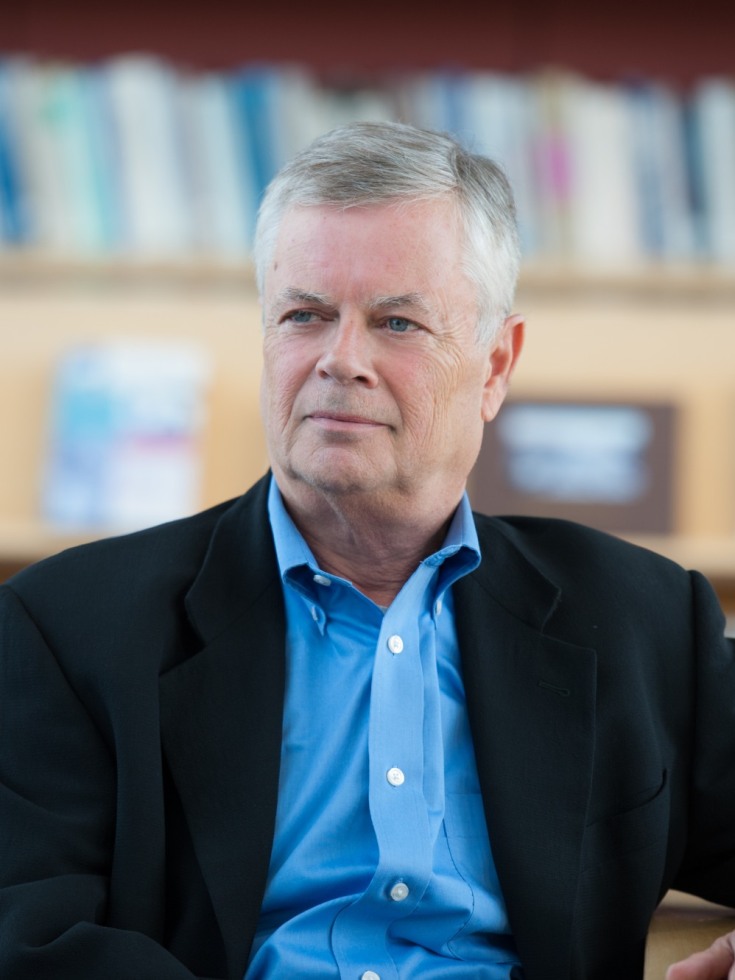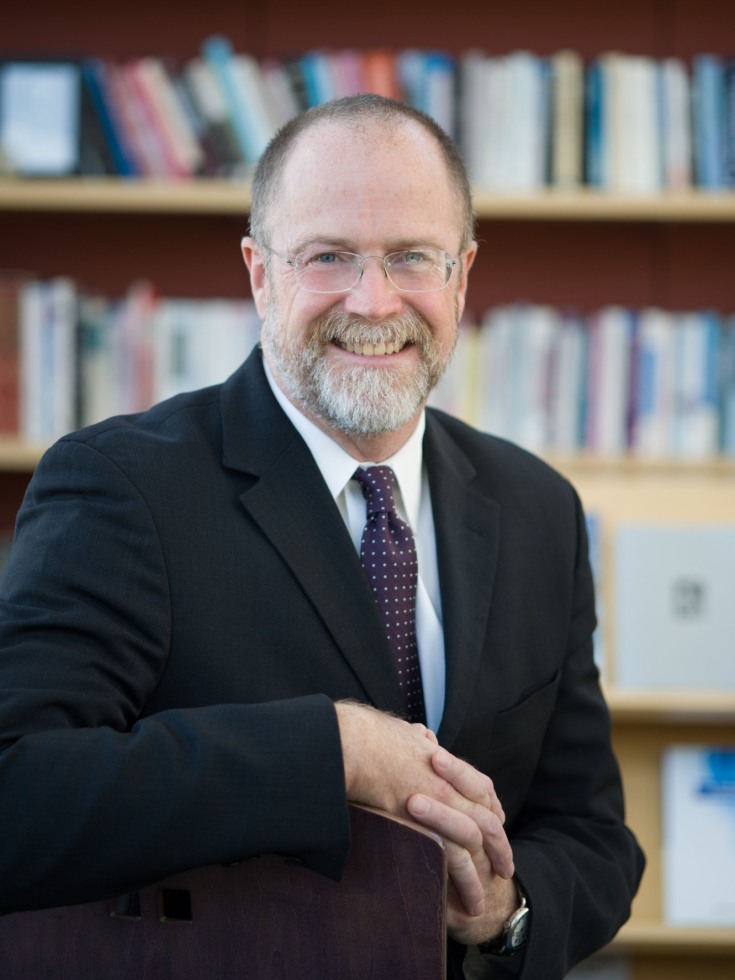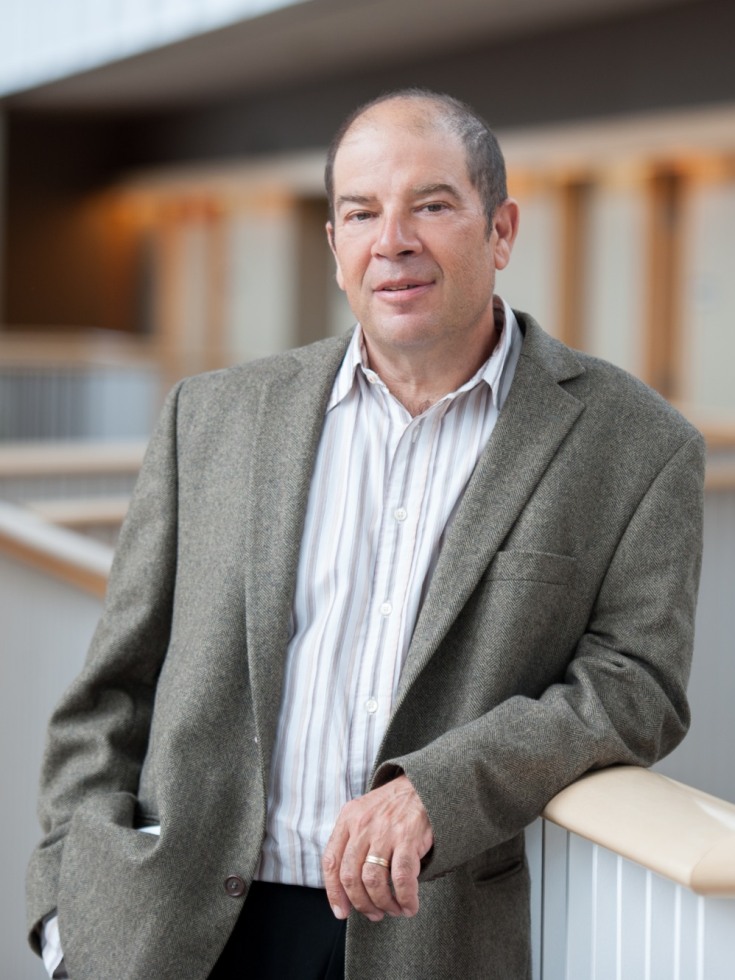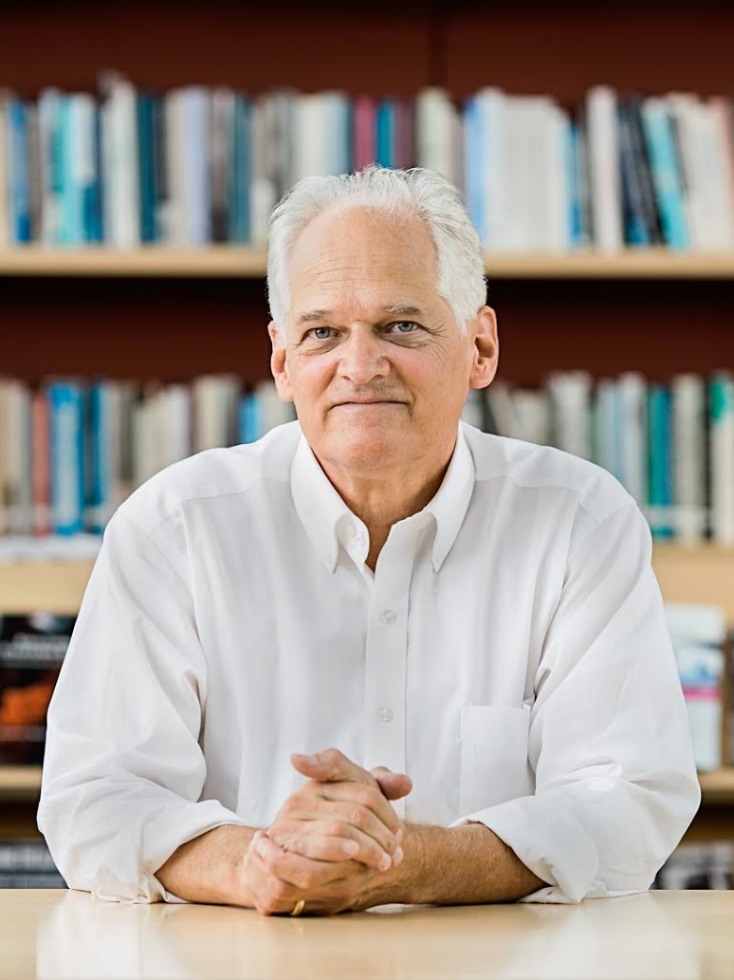We should demand our leaders look to the root causes of the January 6 insurrection. Why, for instance, does the glaring discrepancy between how police officers treat violent white insurrectionists and peaceful Black protesters persist? The Biden administration, along with city and state governments too, should get to work rooting out white supremacists at all levels of the police force. Secondly, what political forces cause so many Republican politicians to fan the flames of Trumpism? The Financial Times found that "the 13 senators supporting Mr. Trump's last-gasp effort to cling to power have...received nearly $2 million over the 2019-2020 election cycle from the political action committees of companies including Koch Industries, Berkshire Hathaway, UPS, and AT&T." American democracy depends on norms and the ability to feel shame. Blame for the Trump insurgency does not start or end with corporate donors, but the U.S. media should help consumers punish the companies that bear some responsibility (And why does it take a non-U.S. newspaper to highlight the facts on corporate donors?). The pursuit of these root causes is a serious job, but as citizens, we should feel more than just despair. Nothing in politics is linear, actions cause reactions, and the backlash against the January 6 insurrection might yet strengthen American democracy.
Julis-Rabinowitz Professor of Public Policy
Director, Master of Public Affairs Program
Twitter: @EricPatashnik
Royce Family Professor of Teaching Excellence in Political Science
Chair, Department of Political Science
Twitter: @profwschiller
The larger forces behind the January 6 insurrection
The direct cause of yesterday's insurrection on Capitol Hill was Donald Trump's effort to delegitimize Joe Biden's presidential election victory. The decision of Senators Ted Cruz (R-Texas) and Josh Hawley (R-Missouri) to announce their intended objections to the certification of some states' electoral votes on wholly specious grounds, with no chance of success, played a major contributing role. The pro-Trump mob that stormed the Capitol was also the result of three larger forces that have been undermining American democracy over the past several decades — tribalism, negative partisanship, and a breakdown of government performance. We explore these forces in our just-published edited volume, "Dynamics of American Democracy" (University of Kansas Press).
Read the entire article HERE.
Sol Goldman Professor of International Studies and the Social Sciences
Director, Center for Contemporary South Asia
Twitter: @ProfVarshney
A Presidential democracy is more vulnerable to this than a Parliamentary Democracy
Professor Varshney joined an international panel of experts to discuss how a President-incited attack on the legislature is possible in a presidential democracy but nearly impossible in a parliamentary democracy.
Watch the entire event HERE.
Interim Director, A. Alfred Taubman Center for American Politics and Policy
Senior Fellow in International and Public Affairs
Visiting Professor of the Practice of Political Science
Twitter: @richarenberg
Donald Trump is not above the law
The armed attack on the Capitol by a raging mob was at the center of one of the darkest days in all of American history. It was the most serious assault on the building since the British burned it during the War of 1812. I found it personally deeply disturbing on a number of levels.
I was disgusted by the desecration of the building itself. The Capitol is a beautiful national treasure and perhaps the most recognized symbol of American democracy. I worked there for thirty-four years, and my wife and I were married in the Capitol building. I felt the offense personally. Seeing guns drawn in the House chamber, a rioter leaping from the galleries in the Senate chamber and occupying the presiding officer's chair on the dais, and the confederate flag paraded through the halls of Congress were just of few of the shocking images of the day.
But, as distressing as the damage to the building is, far worse is the reality that this was an armed insurrection aimed at overturning the lawful functioning of the government itself. The Congress was meeting in a Joint Session, carrying out the final steps of certifying the election of a new president under the Constitution.
But, we should not be distracted by our outrage at the sights on Capitol Hill. At the heart of the existential danger to our democracy is the inescapable recognition that the actions of the mob were incited by the President of the United States.
President Donald Trump must be held accountable. Removal under the 25th Amendment or via impeachment and conviction would be appropriate. However, the continued support by enablers in his party makes successful removal difficult to imagine.
While it is understandable that the incoming president will be inclined against beginning his new administration with a backward-looking effort to investigate and punish the behavior of his predecessor, he has pledged to protect the independence of the Justice Department. Donald Trump is not above the law (even if he attempts to pardon himself), and hopefully, justice will be served.
Postdoctoral Fellow in International and Public Affairs
Postdoctoral Research Associate in Race and Ethnicity
Whiteness evades physical and discursive violence
The January 6th Capitol Hill take-over by Trump supporters illuminates much about the anti-Black police violence historically perpetrated against Black dissent. Not surprisingly, and in striking contrast to the Black Lives Matter protest following in the wake of the murders of George Floyd and Breanna Taylor, the pro-Trump protestors (or rioters and looters to employ more racialized discourse used to describe forms of Black rebellion) was absent the excessive use of force, police violence, rubber bullets and pepper spray that characterized police response to this summers' Black and racially diverse protestors. Instead, we watched as a mostly white group of Trump supporters scaled buildings, stole statues, took selfies with police officers, and occupied Congressional offices. Trump's supporters were saluted with fists of support from Congressional leaders like Senator Josh Hawley, Republican of Missouri, and praised by the President, again unsurprisingly, as being "very special."
Not only should we raise questions about how pro-Trump white protesters were able to escape the physical violence charged against Black protest but also the ways in which white Americans will escape the discursive violence charged against Black communities that follow in the wake of Black rebellion and periods of unrest. In the 1960s, fears of Black violence encouraged policymakers and social thinkers to promote a range of policies that not only increased "law and order" throughout social institutions (see Elizabeth Hinton's work here). But moreover, fears of Black violence also encouraged policymakers and social researchers to explain Black dissent as a result of Black pathology and as part of a larger "culture of poverty." Such behavioral-based solutions that continue to dominate social reforms evaded structural critiques that galvanized unrest to begin with — critiques related to poverty and economic exploitation, excessive police violence, and practices that preclude Black opportunities. The Capitol Hill rioters "protesting" unfounded claims of a stolen election not only escaped the first round of excessive police violence. But the protesters and their leaders — despite their delusions — will likely escape too, the enduring prodding in probing by policymakers and social researchers who might otherwise continue to paint all white Americans as violent, looters, pathological and always in need of reform.
Director, International Relations Concentration
Lecturer in International and Public Affairs
Twitter: @imarreguintoft
What we saw on the Capitol steps yesterday was a United States too internally divided to mount an effective defense
President Trump’s incitement of his fans to a violent assault on the U.S. capitol yesterday appears to be entirely domestic in origin, so why should this be of interest to students of international and public affairs?
There are several factors that help explain this forever-indelible blot on our national honor and reputation, but most of what we witnessed was the cumulative impact of a foreign-directed assault on our republic, and this best explains how by November 3, 2020, 74 million Americans came to believe both that Donald J. Trump would make an ideal U.S. president; and that he won that election in a landslide.
Many of you have heard that the Russian Federation interfered in the U.S. presidential election of 2016, but what you may not know is that Russia's interference in 2016 was only the latest chapter in a decades-long (and still ongoing) effort to alter the international balance of power in Russia's favor through disinformation.
This effort, known broadly as "active measures" in Russia, was implemented by the KGB (now FSB), where 85% of that agency's work was directed toward the use of disinformation to disorient and disable democracies (in particular, the United States). The method starts with identifying pre-existing cleavages in the target society and then using disinformation to intensify those cleavages, ultimately leading to a situation where facts themselves are impossible to agree on. An early success was the idea that the United States developed the AIDs virus to kill Black and LGBTQ Americans. More recently, it was "pizzagate."
But the FSB, at its best, couldn't have had the impact of causing roughly half of Americans to believe the other half was either vile or ignorant without help. And Russia got that help from Google, Facebook and Fox News, all of whose business models systematically trade truth for advertising revenue.
So bottom line? What we saw on the Capitol steps yesterday was Russia winning (Britain formally left the European Union last week) and a United States too internally divided to mount an effective defense.
Professor of Sociology and International and Public Affairs
Twitter: @Prof_Kennedy
Trump’s attempted coup, his accomplices, and what is to be done
There could be nothing more profane than to have thugs invade the Capitol building at the moment when the peaceful transfer of power based on an election validated by recounts and courts was to be sanctified. That desecration is worse for the fact of Trump's implication in it. It is even more awful because we can't agree on an explanation for what went wrong.
Of course, we all should agree that the criminal trespass, theft and assaults in the Capitol by these mostly white men, and only a few women and people of color, is egregious. I trust these hateful people will be arrested.
Who in security is complicit? The police taking selfies with insurgents? Where was Homeland Security? Were security authorities afraid of hurting the feelings of Trump loyalists by recognizing their threat?
